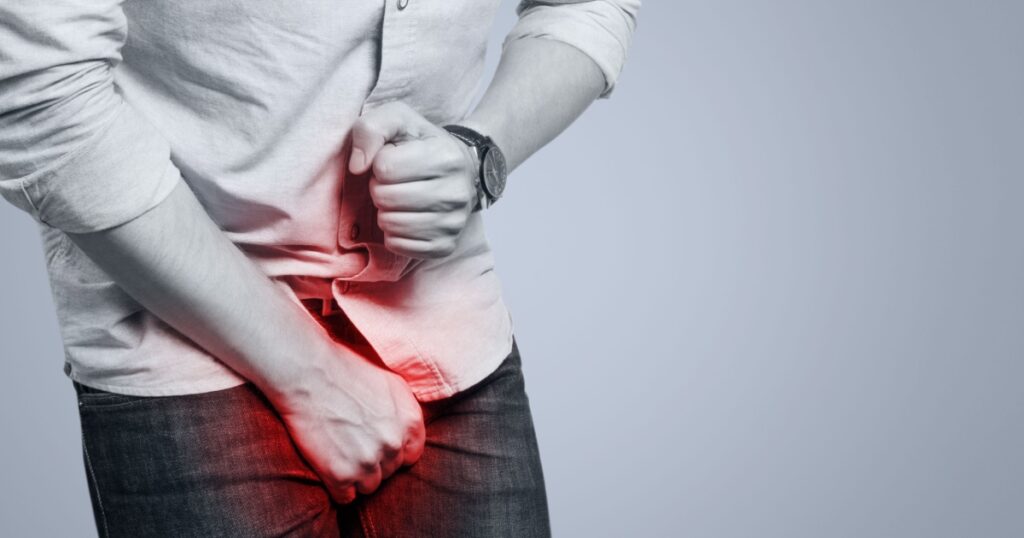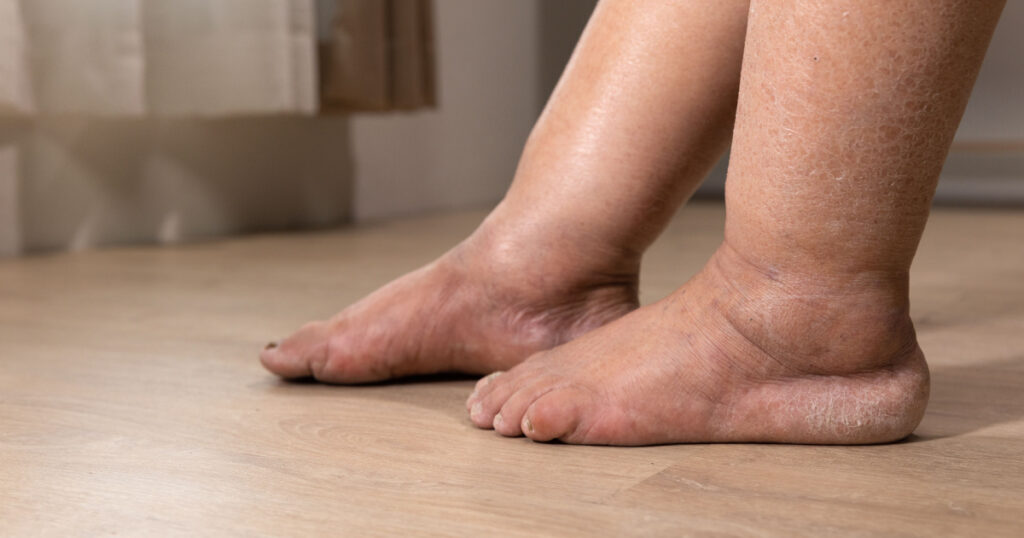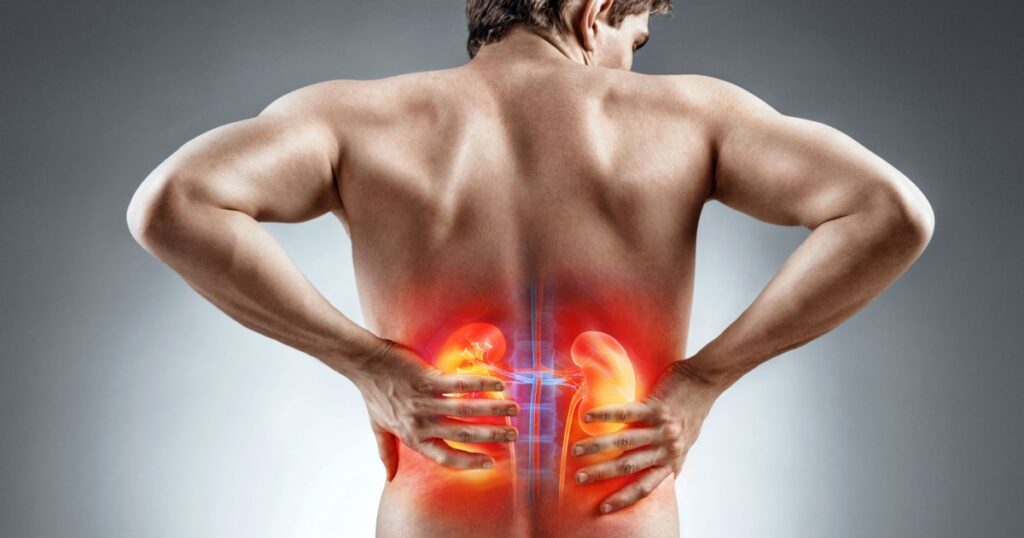Kidney diseases are tricky things to recognize, often going unnoticed until things start emerging in already-advanced stages. These diseases affect over 37 million American adults, so knowing the signs is extremely important. Dr. Joseph Vassalotti, Chief Medical Officer at the National Kidney Foundation, speaks to the urgency behind recognizing these signs: “When [they] fail or when there are large amounts of protein in the urine…This is one of the reasons why only 10% of people with chronic disease know that they have it”. Let’s take a look at the subtle yet vital indicators of impending kidney failure:
1. Constant Fatigue

A persistent sense of exhaustion may be a signal of declining kidney function. Dr. Vassalotti warns of toxin buildup in the blood, resulting in fatigue and difficulty concentrating. This fatigue, often also accompanied by general feelings of weakness, can impact daily activities and quality of life.1
Read More: 10 Habits That Can Seriously Damage Your Kidneys
2. Disturbed Sleep

When kidney filtration is compromised, it disrupts sleep patterns and causes issues like sleep apnea and obesity-linked conditions. Research indicates a two-way relationship between chronic kidney disease and sleep disorders. Disrupted sleep not only contributes to daytime fatigue but may also make existing dysfunction worse.2
3. Dry & Itchy Skin

Imbalanced mineral levels, a staple for kidney dysfunction, cause dry and itchy skin. Healthy organs regulate minerals and nutrients in the bloodstream, so when they start to fail, this balance is disrupted, and so is your skin health. If you have persistent skin problems, it can be an indicator of advanced disease.3
4. Increased Urination

Frequent urination, especially nocturnal, could be from a compromised kidney filter. While increased urination can also stem from other conditions like diabetes, its persistence is worthy of investigation regardless, particularly among those at risk.
5. Bloody Urine

Hematuria, or blood in urine, is a warning for potential kidney disease, and you should probably get it looked at anyway. When healthy, blood cells don’t go out with the waste, but when damaged, one might see blood cells leak into the urine. Hematuria can be a concerning symptom, and you should get a thorough evaluation to pinpoint the underlying cause.
Read More: Avoid These 5 Foods if You Have Kidney Disease and Diabetes
6. Foamy Urine

If there are excessive bubbles in urine, akin to foam, it may suggest proteinuria—a hallmark of kidney damage. Proteinuria occurs when the protein leaks into the urine due to compromised filtration abilities – as Dr. Vassalotti mentioned earlier. Consistently foamy urine should be looked into, so make sure your body is functioning properly.
7. Puffy Eyes

Periorbital swelling is an indicator of significant protein loss through urine. Healthy kidneys hold onto essential proteins during the filtration process. But, as organ function diminishes, proteins start to leak into the urine, leading to edema or swelling around the eyes.
8. Swollen Ankles and Feet

As well as puffiness around the eyes, impaired or failing kidneys lead to fluid retention around the extremities. Sodium retention, a common consequence, can cause swelling in the lower limbs, leading to “cankles” (ankles the size of your calves: calf-ankles). While swollen ankles and feet can stem from various conditions, persistent swelling warrants a look at the kidneys.
9. Loss of Appetite

A general appetite decline may be coming from toxin buildup via reduced kidney function. As its function declines, toxins and waste accumulate in the bloodstream, leading to nausea, vomiting, and a loss of appetite. Unexplained weight loss and poor nutritional intake may be signals of advanced disease, so please seek prompt medical attention.
10. Muscle Cramps

Electrolyte imbalances (which are linked to kidney dysfunction) lead to muscle cramps and require a prompt evaluation. Potassium and calcium imbalances are common and lead to muscle cramps and weakness. While muscle cramps can come from a variety of issues, if it’s happening consistently you should get checked out either way.4
Bottom Line

Recognizing the warning signs of kidney failure requires vigilance. From fatigue to swelling to muscle cramps, each symptom offers a look at the interconnectedness of our bodily functions. Dr. Vassalotti’s advocacy for regular testing, particularly among at-risk individuals, speaks to the importance of early detection. By heeding these signals and promptly finding medical attention, we can better preserve our kidney health and overall well-being.
Read More: 6 Types of Medications That Can Potentially Harm Your Kidneys
Sources
- “10 Signs You May Have Kidney Disease.” National Kidney Foundation. December 17, 2020
- Stanford Health Care
- “What is Kidney Failure?” NIH
- “Signs and Symptoms of Kidney Failure.” Health. Ruth Jessen Hickman, MD. May 18, 2023

